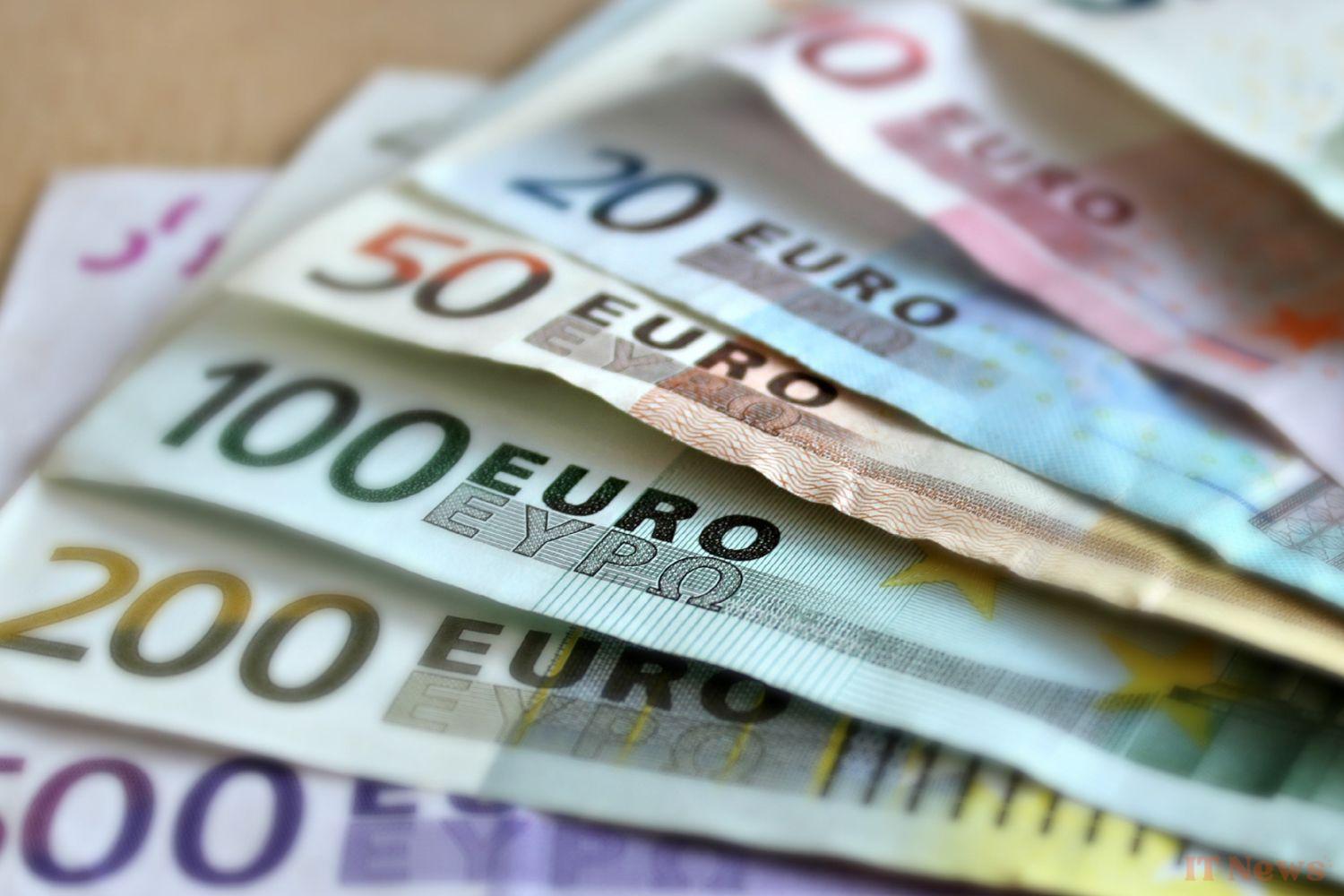As this deadline approaches, disinformation is intensifying on social media. Alarmist posts suggest a tool for widespread surveillance, transaction control, and even automatic taxation. In the face of rumors spreading on X, TikTok, and Facebook, we take stock of what this dematerialized euro really represents.
What is the digital euro?
In preparation for several years already, the digital euro is based on two major concepts. On the one hand, it would be used for interbank transactions, an aspect that doesn't directly concern the general public. On the other hand, it would be available for everyday transactions by individuals. It is this second dimension that is currently the focus of concern. The digital euro would function as a dematerialized version of our current currency, allowing payments even without an internet connection (via Bluetooth, for example). It would simply be a new form of the euro, complementary to existing cash and electronic means of payment.
Total payment tracking?
The ECB categorically states that it “will not be able to identify users of the digital euro or trace their payments.“ If blockchain technology were to be used, the data would be pseudonymized and not completely anonymized, but the protection of personal data would still be guaranteed by the public institution. In addition, existing rules regarding the fight against money laundering and terrorist financing will apply, as is already the case for cash and current electronic payments.
Some purchases blocked?
Here too, this fear is formally denied. The ECB confirms that the digital euro will be “completely neutral” and that users will be able to buy whatever they want, without specific restrictions. Only illegal purchases will remain prohibited, as is already the case. the case with any other payment method.
Automatically collected taxes?
No automatic taxation mechanism is planned. The digital euro will benefit from total equivalence with cash. The stated objective is less to reduce tax evasion than to facilitate payments between individuals and in businesses.
The end of cash?
Contrary to a persistent rumor, the digital euro is not intended to replace banknotes and coins. The ECB clearly reaffirms: it will exist "in addition to cash" and will not replace either cash or private means of payment such as bank cards. Current European treaties also prohibit the elimination of cash.
So, no need to panic for fans of hard cash: the digital euro will not signal the immediate disappearance of banknotes and coins. The ECB insists on the complementarity of the two systems, at least initially. The goal is to offer a modern alternative, better suited to our connected society, while preserving access to traditional payment methods. The digital euro represents an evolution of our monetary system, rather than a revolution that would disrupt our habits. It will simply offer an additional payment option, with its own advantages, particularly for remote or online transactions.



0 Comments